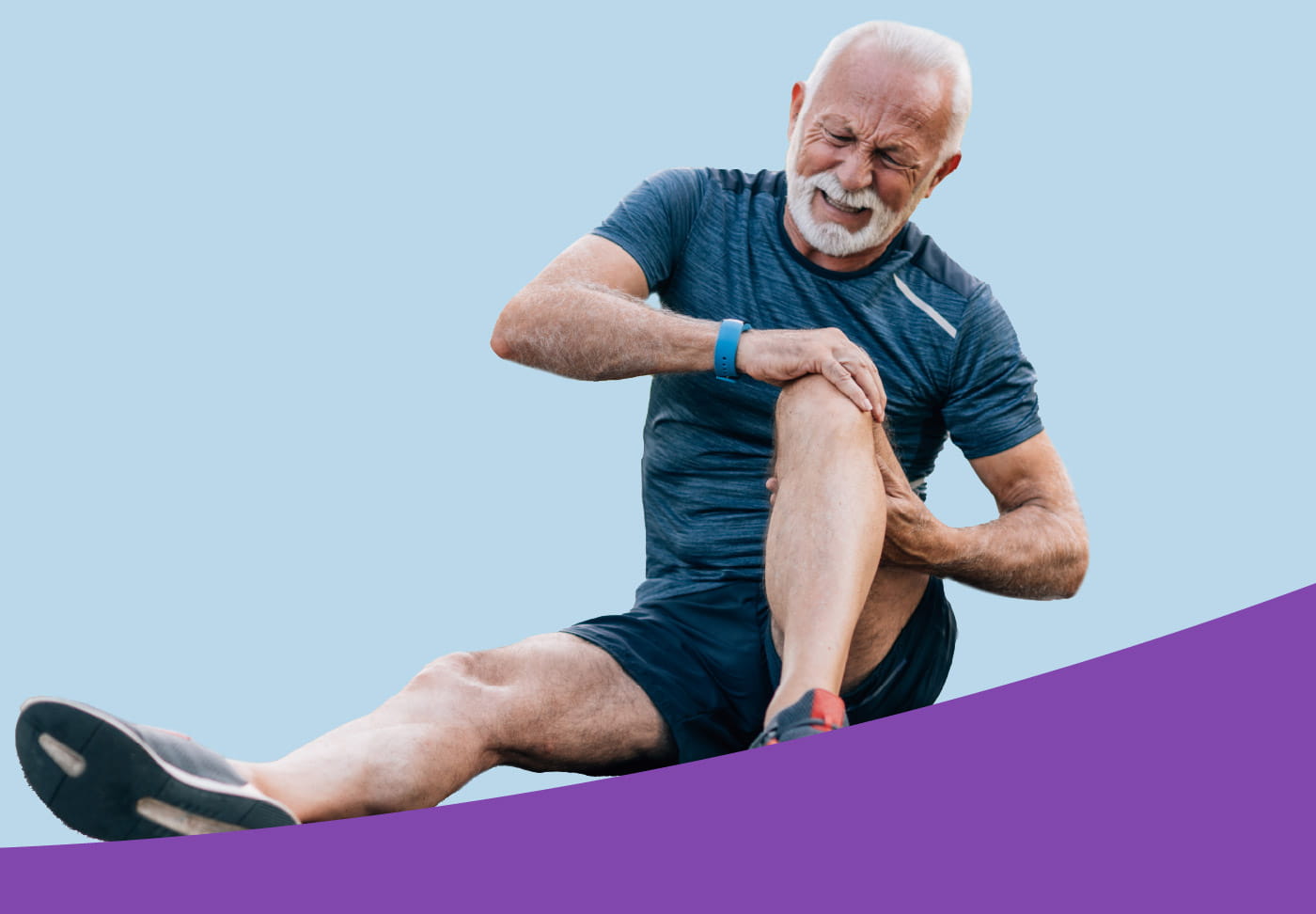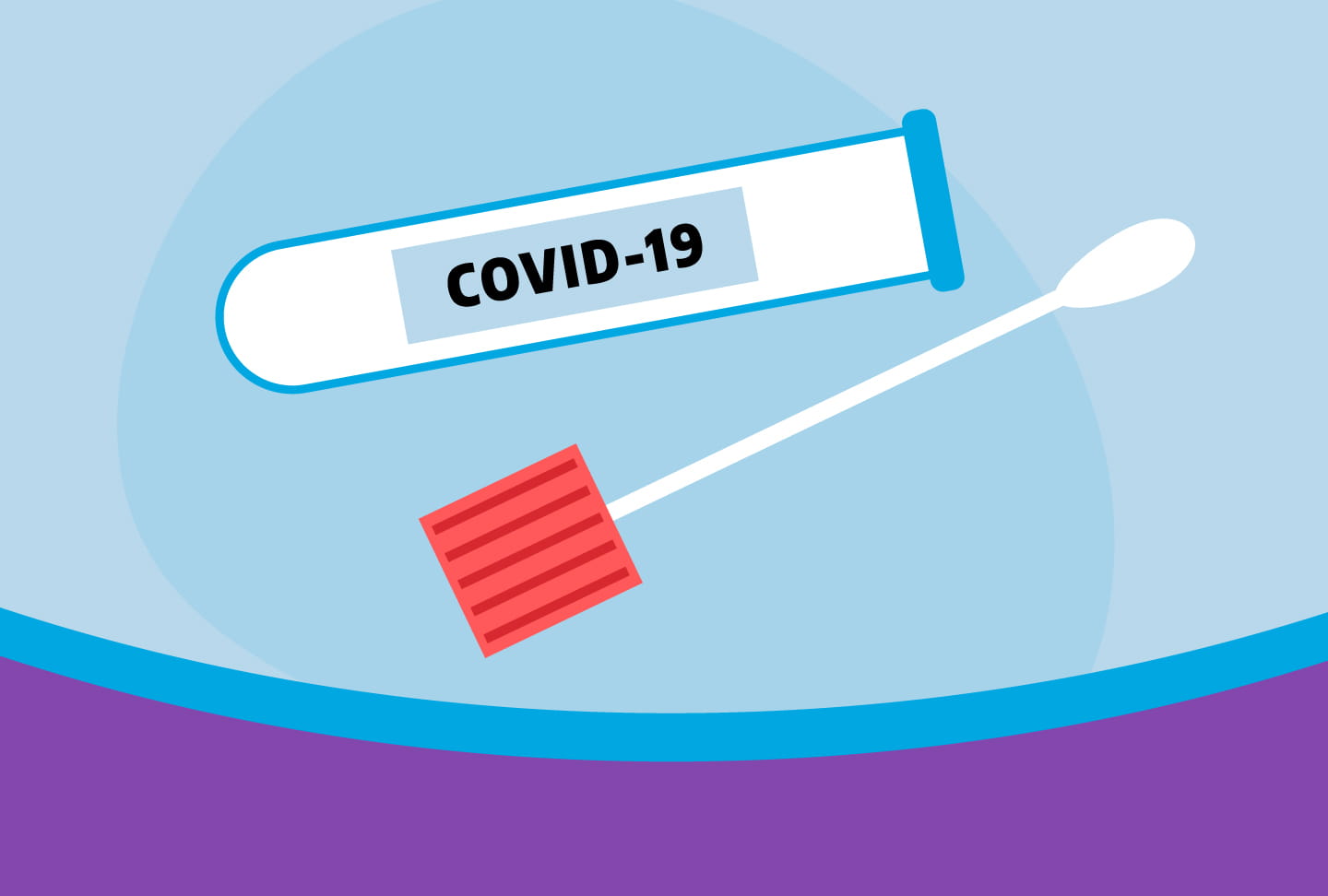Georgia summers are no joke when it comes to high temperatures and humidity, with 90-degree-plus days very common in our summer months. When you’re out and about—and certainly when exercising—it’s important to pay close attention to how hot weather affects your body.
Heat exhaustion and heat stroke can have serious health consequences, but the good news is that you can help prevent these conditions by keeping close tabs on how you’re feeling and taking a few smart steps.
Your body’s temperature regulation system
Your body works hard to maintain a healthy temperature, and it knows how to regulate your internal temperature, for instance, by making you sweat to cool your skin. Health concerns can come up, however, when weather conditions overcome your body’s internal monitoring system and your core temperature gets too high.
Keep your cool
Here are some of the things you can do to keep your core temperature in a healthy range on a hot day.
- Drink plenty of water when you exercise outdoors. Proper hydration is key to your body’s ability to regulate its temperature.
- Take frequent breaks in shady areas. This will also help regulate your body’s overall temperature.
- Don’t push yourself too hard, especially on very hot days. Moderation is smart in these conditions.
- Avoid sugary, caffeinated or alcoholic drinks when outside in hot weather. Beverages like these dehydrate the body, making temperature regulation even harder.
Watch for warning signs
It’s important when outside in the summer heat to know your body and be aware of its limits, especially when exercising.
Watch for symptoms of heat exhaustion like:
- Heavy sweating with goose-bump-like skin
- Feeling faint or dizzy
- Experiencing muscle cramps, nausea, headache
- Your pulse rates goes up and stays elevated
If you experience symptoms, take steps to cool yourself down.
- Go to a cooler place, such as an air-conditioned space indoors
- Drink water or a beverage fortified with electrolytes
- Rest
Get medical care when you need it
Seek medical assistance if:
- You are vomiting
- You can’t seem to cool down, especially after an hour
- You feel worse, rather than better, after taking steps to get cooler
- You have a temperature of 104°F, or higher
Expert physicians at your nearby Wellstar Urgent Care location are experienced and able to assist with conditions like heat exhaustion. Your doctor will evaluate and monitor your condition, recommending the appropriate treatment to help balance your body temperature.
If you or a loved one cannot safely reach one of our convenient locations, please call 911 for emergency assistance.





